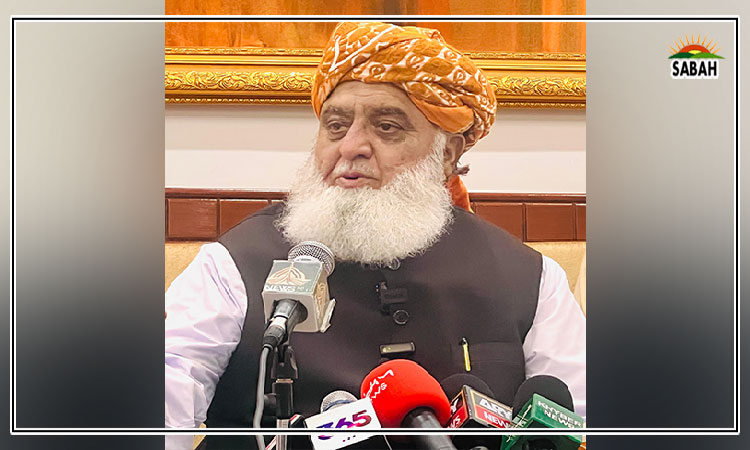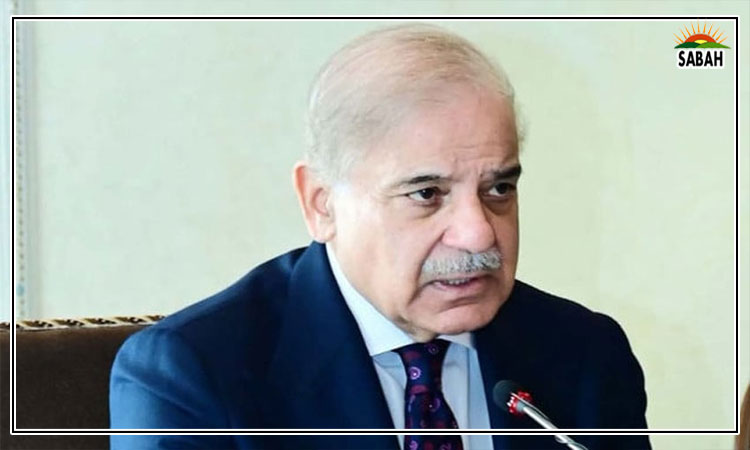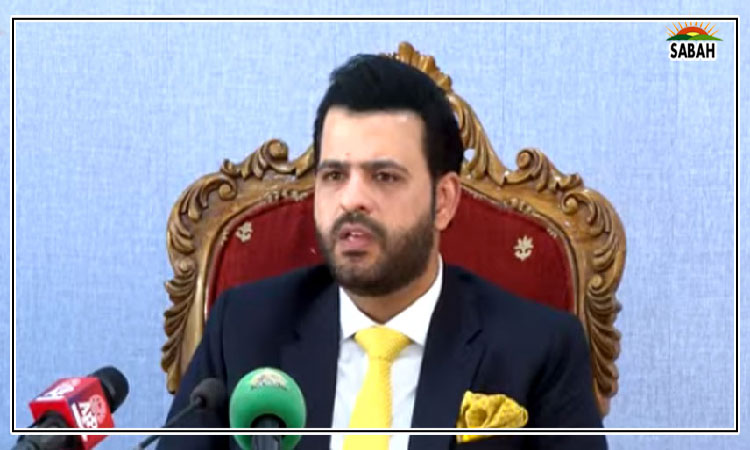Untenable Afghan policy…..Maliha Lodhi
RELATIONS between Pakistan and the Taliban authorities are under growing stress in the wake of rising cross-border attacks and violent actions by the TTP from Afghanistans soil. On Dec 11, a border clash between Afghan and Pakistani border forces in Chaman claimed the lives of at least eight Pakistani citizens.
The clash and a subsequent one on Dec 15 reflected an uptick in border tensions in recent months. This has often led to closure of the border crossing. Many incidents have been triggered by Afghan forces resistance to stronger border controls recently imposed by Pakistan through documentation and biometric requirements at all five border crossings between the two countries.
Taliban authorities have voiced their reservations about these. Some incidents have followed disputes over the border fence erected by Pakistan along much of the frontier.
The clash earlier this month prompted a sharp response from ISPR, which called the unprovoked and indiscriminate fire from the Afghan side uncalled for aggression, while Prime Minister Shehbaz Sharif condemned the incident.
Subsequently, Pakistani officials sought to play down the Dec 11 incident saying Kabul had apologised for the attack, while some parliamentarians urged reconciliatory efforts between the two neighbours.
Although Pakistani officials continue in global forums to call for greater international engagement with Taliban authorities and urge financial assistance for Afghanistan, Pakistans own engagement with Kabul is becoming a source of increasing frustration. This is privately acknowledged by officials but the public posture is different relations with the countrys western neighbour remain normal and stable.
Harsh statements follow border clashes, but these are par for the course, they claim. Instead, they point to strengthening trade ties, as also reflected in 60 meetings on commercial issues between the two countries since the Taliban assumed power.
However, last month saw a significant departure from the all-is-well public stance. This came in the policy statement delivered by Mohammed Sadiq, Pakistans special representative for Afghanistan, in the meeting of Moscow Format member states on Nov 16 in Russia.
Presenting a progress report of 16 months of Taliban rule, he said the expectations of Pakistan and the international community had not been met on key issues. On political inclusivity, there is little to show; the rights of women and girls also appear to have regressed; and the footprint of terrorist organisations in Afghanistan had yet to be eradicated.
His remarks were an acknowledgment that for all the engagement with Kabul, its rulers had not budged an inch on these counts. He attributed the lack of adequate international humanitarian assistance to Afghanistan to the cascade of unmet expectations. In other words, the Talibans failure to deliver on three core promises made to the international community was exacting a cost, but not persuading Kabul to change its ways.
The subsequent visit to Kabul by the minister of state for foreign affairs, Hina Rabbani Khar, also yielded little by way of Taliban flexibility on these core issues. Khar conveyed Pakistans views, including on girls education, as firmly as she could, but Taliban ministers offered the usual assurances, while giving no commitments, not least because decision-making power lies not with the cabinet in Kabul but the hard-line leadership in Kandahar.
Statements issued by both sides after the meetings focused mainly on trade issues and avoided mention of sources of discord between the two countries.
Just days after the visit, Pakistans ambassador and its diplomatic mission in Kabul came under attack, in which a security guard was wounded. This further strained relations. Meanwhile, escalation in cross-border terror attacks by TTP, the militant group still based in Afghanistan, continues to test relations between the two countries. Islamabads expectations that the Talibans return to power would enable Pakistan to secure its western border have not been met.
Instead, Pakistans security concerns have mounted with the spike in cross-border attacks by the TTP since the Taliban took over the country. Over 140 Pakistani security personnel have lost their lives in these attacks in the past year or so.
A report earlier this year by the UN Security Councils Analytical Support and Sanctions Monitoring Team found that TTP has arguably benefited the most of all the foreign extremist groups in Afghanistan from the Taliban takeover.
The TTP has continued to carry out brazen attacks targeting Pakistani security personnel. Last month, the banned group declared an end to its ceasefire with the government on the grounds that military operations against it have continued. It threatened a new wave of retaliatory attacks across the country.
The ceasefire had never worked anyway. Neither did negotiations with the TTP that Pakistani military officials conducted in a bid to end the armed groups 14-year war on Pakistan. Talks broke down months ago when it became clear that the TTPs demands were non-negotiable. Although Kabul is urging Islamabad to resume these talks, there is no longer any Pakistani interest in doing so an admission that direct talks with the TTP backfired as they only emboldened the militant group and was responsible for the TTPs effort to stage a (failed) comeback in Swat.
In the face of mounting security concerns emanating from Afghanistan, what are Pakistans options? One, do more of the same, expand trade relations, help Afghanistan in other ways but raise security and other concerns in the hope of eliciting a response from Kabul. This, however, wont produce an outcome any different from the past and will continue to be an exercise in futility.
The second option is a tough love approach using Pakistans considerable, unused leverage in a carefully calibrated way from a policy toolkit of incentives and disincentives to secure the necessary response.
The third option is to forge a coordinated regional strategy using collective leverage to bring pressure to bear on Kabul. Security, after all, is a concern for all Afghanistans neighbours, even if their other interests vary. The second and third options are not mutually exclusive and can and should be used in tandem.
Stable ties with Afghanistan are Pakistans strategic compulsion. But between appeasement and confrontation, there is room to craft a policy approach that effectively protects Pakistans security interests. For that, our security managers must first accept that the countrys present Afghan policy is now untenable.
Courtesy Dawn












